The content of the article
When a child appears in the family, a completely different order comes into it, diet and living conditions. A woman during lactation should adhere to a strict diet so as not to provoke digestive problems or allergies in the baby. Most products affect the composition of breast milk and its palatability. Therefore, a nursing mother becomes a hostage to a strict diet. Nuts are a unique, nutritious and very healthy product that can enrich mother's milk with a pleasant taste and other important qualities. There is no unequivocal answer on the part of pediatricians to the question - is it possible cashews when breastfeeding. That is, we can say that all this is very individual.
The use of nuts by a nursing mother for food has a positive effect on her body. At the moment they are presented in a rich assortment on the shelves of many retail outlets. There are many different species that differ in taste, composition, price and methods of use: cedar, walnut, forest, almond and many others. They have one thing in common - the name nuts (fruits are the most important thing in the tree, their seeds with the maximum amount of nutrients and trace elements).
What is cashew?
Cashew or Indian nut - a member of the family of nuts native to sunny Brazil. Beloved by many cashews grow on evergreen bushes with two types of fruits: they themselves and fruits in the form of apples. Fruits are available for use only in the area in which they are common, since they quickly deteriorate and are not subject to long-term storage, and therefore transportation. Local residents make jams, compotes and alcoholic drinks from them. But nuts grow like (familiar to Europeans) walnuts. They have a dense peel with poisonous juice, which, on contact with the skin, causes burns. For this reason, experienced collectors can handle the collection of raw materials.
The benefits of cashews
Small nuts, reminiscent of the shape of commas, are of great benefit due to their valuable composition. They are quite nutritious and have excellent taste, but they have less fat compared to other fruits of walnut trees. The calorie content of cashews is quite high, namely as much as 555 Kcal per 100 g of product. And they also contain:
- Fats - 44 g;
- Proteins - 18, 3 g;
- Carbohydrates - 30, 2 g.
So to lose weight after giving birth to them is unlikely to succeed. But they can replace any good nutrition due to its rich composition, including:
- The high content of vitamins A, B, E, K and H, as well as folic acid.
- Amino acids.
- Flavonoids.
Attention! Thanks to thirty years of research, American scientists have proven that a handful of nuts per day reduces the likelihood of pathologies of the cardiovascular system by 29 percent, and the development of cancerous tumors - by 11%.
The main benefit of cashews for women is that they contain vitamin E, which has a beneficial effect on reproductive functions and preservation of youthful skin. When the mother is in the postpartum period, her body is actively restored after gestation and the birth process, builds up strength to feed the baby. For this reason, a very large amount of nutrients is required.Restrictions on food associated with raising a baby reduce the body's ability to recover, and nuts come in handy as never before.
Cashew is considered a product whose eating is associated with a minimal risk of developing individual allergic reactions. Therefore, from the entire assortment of similar products on the shelves of supermarkets, it is he who is recommended to lactating women to replenish the body's reserves with useful substances.
Contraindications and possible harm
Despite the high nutritional characteristics and valuable composition, this product, like any other, can cause negative consequences for the person who uses it. Of course, possible negative aspects are not commensurate with the benefits that Indian nuts bring to the body. Therefore, in order to maximize it, characteristic contraindications should be taken into account:
- Individual intolerance reactions.
- Excessive use, which can lead to the appearance of excess weight.
And you also need to observe safety measures for mothers who breastfeed their babies, who want to enjoy this healthy nut. To protect the baby from unpleasant consequences, it is required to introduce this product into your diet in small doses, starting from 2-3 pcs. in a day. Thus, you can prevent their individual intolerance to their babies and understand how they affect the composition of milk.
Selection and storage tips
In addition, in order for cashews to benefit, they must be correctly selected and the storage conditions observed:
- You must buy them sealed in designated places (supermarkets and shops).
- The product must have an attractive appearance, be dry and free from damage caused by mold, plaque or dark spots.
- Whole nuts retain their beneficial properties better than crushed ones.
- In the taste of nuts, in no case should there be bitterness.
- Shelf life in the refrigerator for them is no more than six months, subject to the availability of appropriate packaging.
- It is better for a woman who is breastfeeding to abandon this product if it is coated with glaze or contains extraneous flavoring additives.
And remember that pediatricians do not recommend introducing nuts too early in the diet, it is better to wait until 3-4 months after delivery.
Video: How Cashew Nuts Are Good

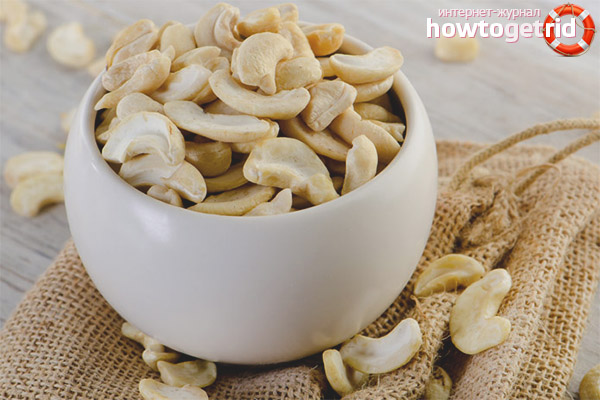
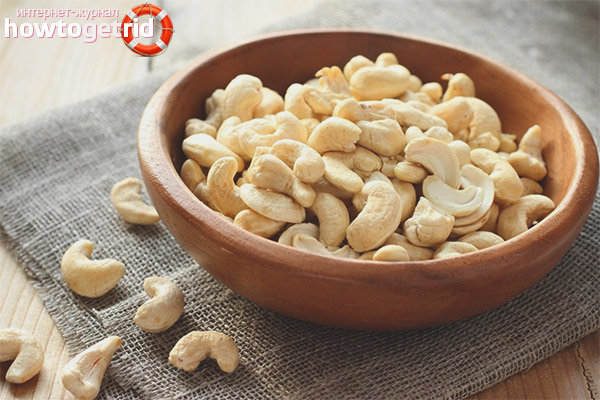
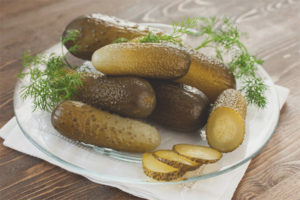
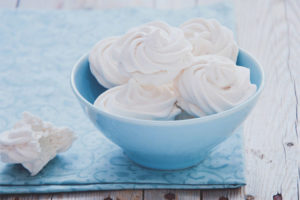
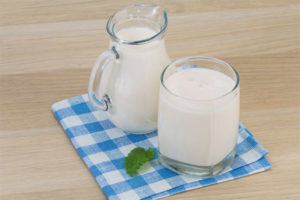
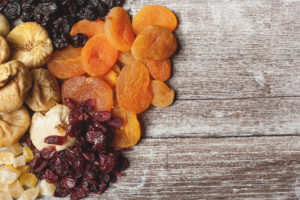
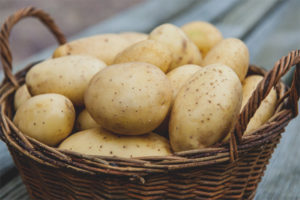
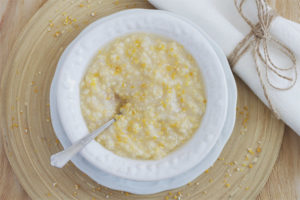

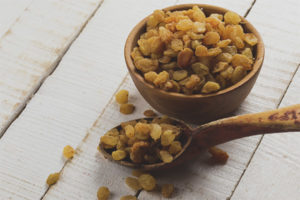
Submit